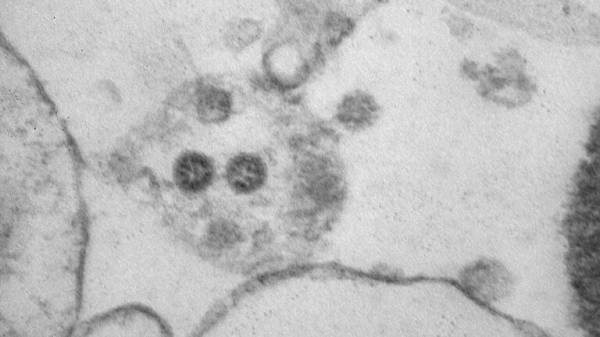
To assess the degree of infection of omicron, Russian scientists conducted a series of experiments to determine the viability of the virus on metal, plastic, ceramic tiles and distilled water under the same conditions of relative humidity (30-40%) and temperature (26-28 degrees).
It was found that the virus is most quickly inactivated on ceramics — a viable virus ceases to be detected in less than 24 hours.reported in “Vector”
In the external environment, the ability of the virus to infect decreases over time, the scientists noted.
In general, the dynamics of the decrease in the infectivity of omicron did not differ from other coronavirus strains, so the use of disinfectants remains an effective method of disinfection for the prevention of infection, the center stressed.
Omicron
Strain B.1.1.529, also known as the omicron strain, was found in Botswana and South Africa at the end of November. It carries dozens of mutations in the S-protein required by the pathogen to infect cells. According to the researchers, many changes in the genome indicate the high transmissivity of this variant and resistance to protective antibodies of those who have been ill and vaccinated.
Experts believe that those who have already been ill and vaccinated can become infected, and symptoms range from fatigue to headaches and body aches. Omicron has been identified in more than 100 countries, including Russia.
Even more interesting things about science and technology